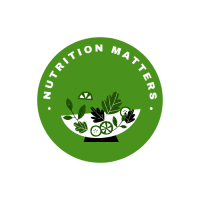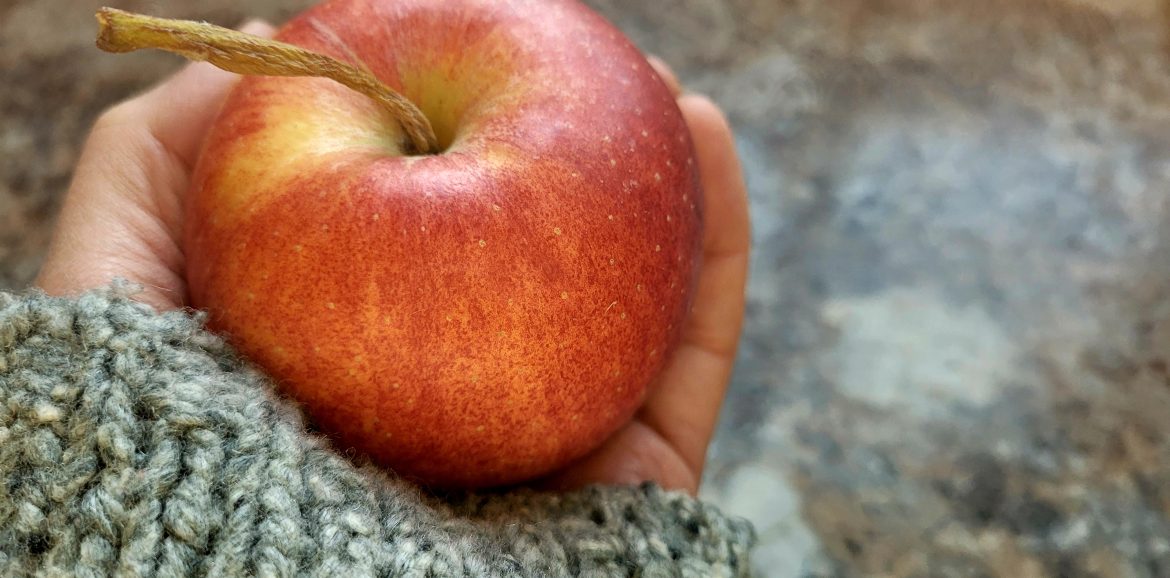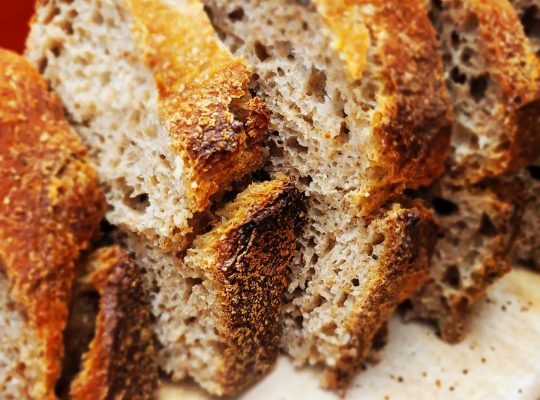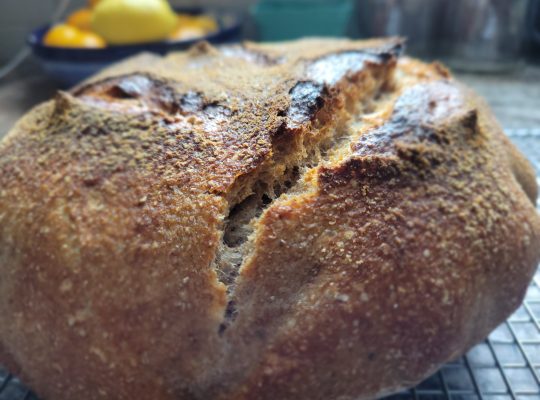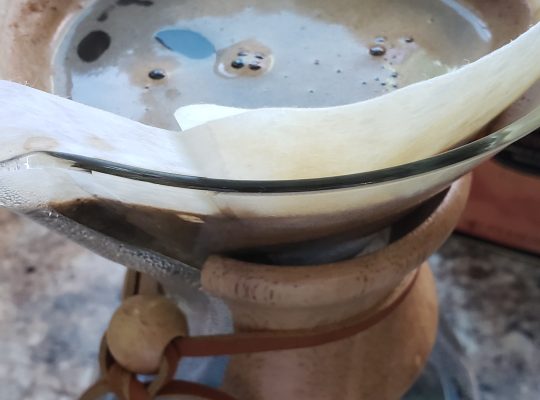If your body could ask for this one thing…
You may know it already: don’t go on a diet during the menopause years. Whether you’re in menopause transition or in post-menopause, or not there yet, do not deprive your body of proper nutrition. There is much debate about what the best nutrition pattern is. The most accurate answer, nuances and all, is that there is not one that is perfect for everyone. However, what comes close to that standard, and you may have already read this on my blog, or social media posts, is the Mediterranean diet (plant-predominant with lots of vegetables, fruit, whole grains, mushrooms, healthy fats meaning no more than 10 percent saturated fat, and the rest being mono- and polyunsaturated fats from olive oil mostly, as well as nuts and seeds).
And so we change
But, back to the changes that happen during this time. Some, like the progressive fat redistribution especially around the middle (said nicely, right?), can be very unsettling, and there can be weight gain too, though this is a bit of contended issue. It’s easy to assume that weight gain and menopause go hand in hand, however, we should consider the effects of the aging process. Starting in our mid-30s, we lose muscle mass (and strength, for good measure,) and we also have some fat tissue grow. We also lose bone mass, which does not have a visible impact on weight, obviously, but it can have other consequences. And there are also some odd (to the logical mind) hormonal signals telling our brains that we need to move less. The combination of the two seems like a bad joke, but that’s what we have to contend with.
We’re all in it together
If you are like me and almost every other woman out there traversing the often challenging times of menopause, the thought of restricting food or some foods may have come to mind. But that’s not the answer to this ‘perfect storm’, though it may look that way when we take yet another look in the mirror and think “well, THAT part was not there a few months ago or last year”.
Here’s why it’s not the solution though. Depriving our bodies of essential nutrients in adequate amounts (protein, carbs, fats, fibre) can backfire in multiple ways. Let’s look at each potential issue:
- Dieting can increase the risk of osteopenia (low bone density), which can progress towards osteoporosis (bones become brittle and weak, which means an increased risk of fractures).
- Digestion and microbiota diversity are somewhat impacted as we get older and as we go through menopause, which makes it important that we consume a diverse plant-rich diet to address the age and menopause-related changes. Dieting can increase the risk of nutrient deficiencies, which can then further add to the complexity of the symptoms we experience.
- It can also negatively impact mood and increase anxiety as some of the protein we eat helps make mood-regulating molecules called neurotransmitters;
- Last but not least, adopting a restrictive diet can impact the ability to perform physically, including exercise.
And here’s the many things we can do
It’s an undeniable reality that our bodies change with age and as we go through various non-negotiable hormonal stages such as menopause (puberty is another one). But it doesn’t have to be a negative thing. There is something beautiful about accepting that we cannot look the same way we did in out 20s. However, there is much we can do to still look and feel great, and most of all, to increase physical strength and mental well-being, both of which can be affected during menopause.
Here are some things we can do to while steering away from restrictive diets:
- Eat nutritious meals that have a balanced mix of nutrients. Make sure to have lean, quality protein with each meal, healthy fats and complex carbs, which are mostly found in whole grains and whole foods.
- Dessert does not have to be off the menu, but make sure to have it as well, dessert, instead of snacking on it. Drink enough water and forgo the sweetened drinks if possible.
- Alcohol should be limited or replaced with non-alcoholic options. Not only does it make vasomotor symptoms worse and affect sleep, it can also contribute to weight gain.
- Also, it helps to keep track of how you feel after eating (some women feel bloated after eating certain foods that did not use to bother them in the past – yep, it’s the gut bugs again).
- Exercise regularly and manage stress. Strength sessions, twice a week or three if possible, can address muscle mass loss and also help improve bone health. Cardiovascular exercise, whether walking, jogging, biking, hiking, is great for increasing VO2max and thus improve cardiovascular fitness. Plus, it’s an amazing stress buster.
Bottom line
Here’s the thing. We may not be able to change the number on the scale as much as we’d like to, but we can change the body composition by making good-for-us choices. And we may also realize that our bodies changing as we go through menopause is not all a bad thing. It’s a story, our story, being written in the most real way. And that alone, is a beautiful thing. To paraphrase Dickens, menopause is ‘the best of times, and the worst of times.’ It’s turmoil mixed with a sense of freedom. Most of all, it’s the freedom to choose the way we eat, move and manage stress. There is a lot we can do!
